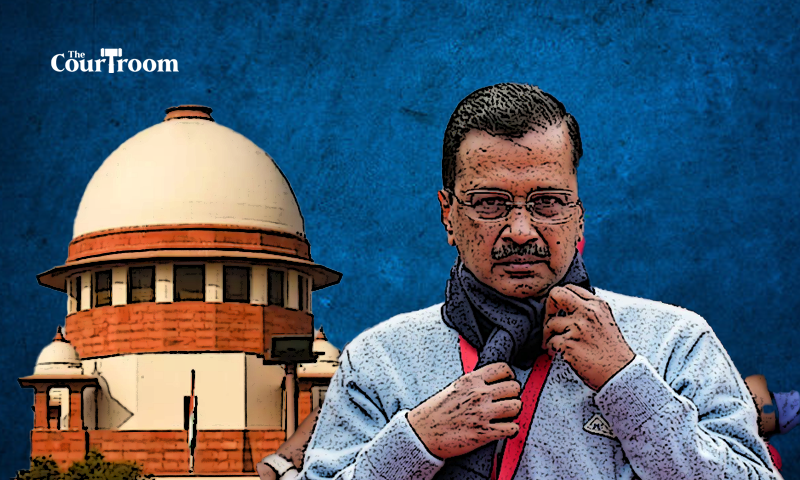Arvind Kejriwal, Chief Minister of Delhi, has been remanded to judicial custody until July 12 by a Delhi court, following the conclusion of his custody with the Central Bureau of Investigation (CBI) in Delhi Excise Policy Scam case.
The decision came after the CBI opted not to seek an extension of his custody following his arrest on June 26. This development marks a significant turn in the legal proceedings surrounding allegations related to corruption linked to the Delhi Excise Policy of 2021-22.
Allegations and Legal Proceedings
The case against Kejriwal centers on accusations of irregularities in the formulation of the Delhi Excise Policy, which has since been repealed. The CBI alleges that loopholes deliberately left in the policy were exploited for personal gain, implicating Kejriwal as a key figure in the purported misconduct. These allegations have surfaced alongside another ongoing investigation into a money laundering case involving the Chief Minister, initiated by the Enforcement Directorate (ED).
Court’s Decision and Proceedings
Judge Sunena Sharma of Rouse Avenue Court issued the custody extension order, permitting Kejriwal to participate in future hearings via video conferencing upon his request. The court session saw arguments from both sides, with the CBI highlighting concerns over potential tampering of evidence due to Kejriwal’s political influence. Despite objections from Kejriwal’s legal team questioning the necessity of further custody, the court upheld the extension citing ongoing investigative imperatives. The decision underscores the judicial system’s cautious approach in addressing high-profile cases involving public officials.
Background and Response
Kejriwal’s initial arrest by the ED on March 21, 2024, stemmed from allegations linked to the same excise policy, suggesting deliberate loopholes for certain liquor vendors’ benefit. The CBI’s actions followed, based on complaints originating from Delhi Lieutenant Governor VK Saxena, alleging malfeasance in public office. Kejriwal’s legal defense emphasized procedural fairness, demanding clarity on the evidence necessitating his continued custody.
The legal battle surrounding Kejriwal has garnered significant public and media attention, with commentators weighing in on the implications for governance and accountability. Critics argue that the allegations strike at the heart of ethical governance, questioning the integrity of policy-making processes under Kejriwal’s administration. Supporters, on the other hand, maintain that the legal proceedings must adhere to due process and uphold the presumption of innocence until proven guilty.
Political Ramifications and Public Perception
The unfolding events have also sparked political debate, with opposition parties seizing upon the controversy to challenge Kejriwal’s leadership. The Chief Minister, known for his anti-corruption stance and advocacy for transparent governance, faces intensified scrutiny amid the legal battles. The outcome of the judicial proceedings is likely to shape the political landscape in Delhi and beyond, influencing public perception and electoral dynamics.
Looking ahead, Kejriwal’s legal team is expected to explore avenues for defense, including potential bail applications and challenges to the grounds of custody. The complexity of the case necessitates meticulous scrutiny of the evidence presented by investigative agencies, with legal experts stressing the importance of thorough judicial review in safeguarding individual rights and upholding the rule of law.
As Arvind Kejriwal navigates the legal labyrinth surrounding allegations of corruption and misconduct, the judicial process continues to unfold with implications extending beyond individual culpability to broader questions of governance and accountability.
The extension of his judicial custody underscores the gravity of the allegations and the imperative for a fair and transparent legal process. As stakeholders await further developments, the case remains a pivotal moment in Delhi’s political landscape, shaping public discourse and perceptions of leadership integrity.


